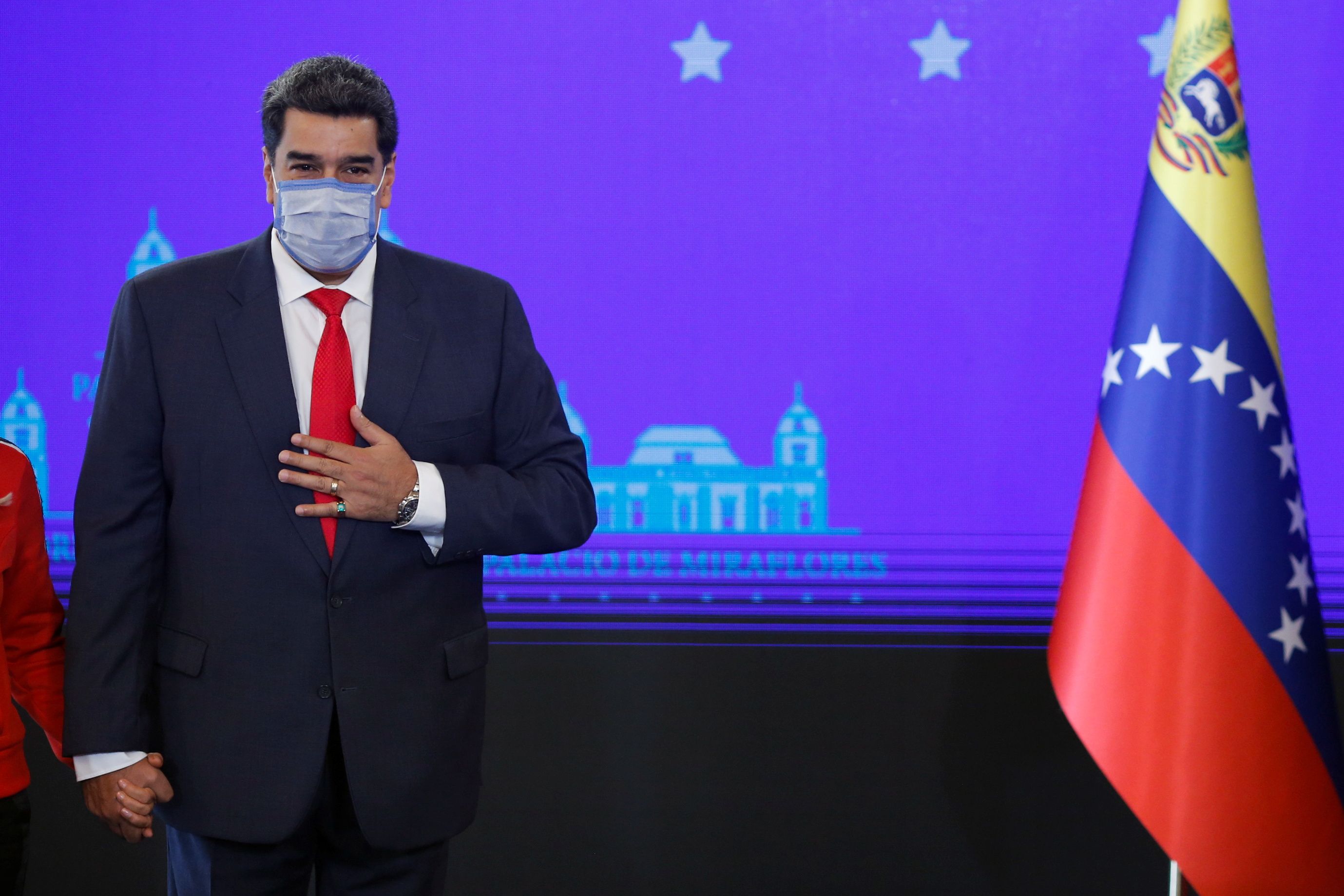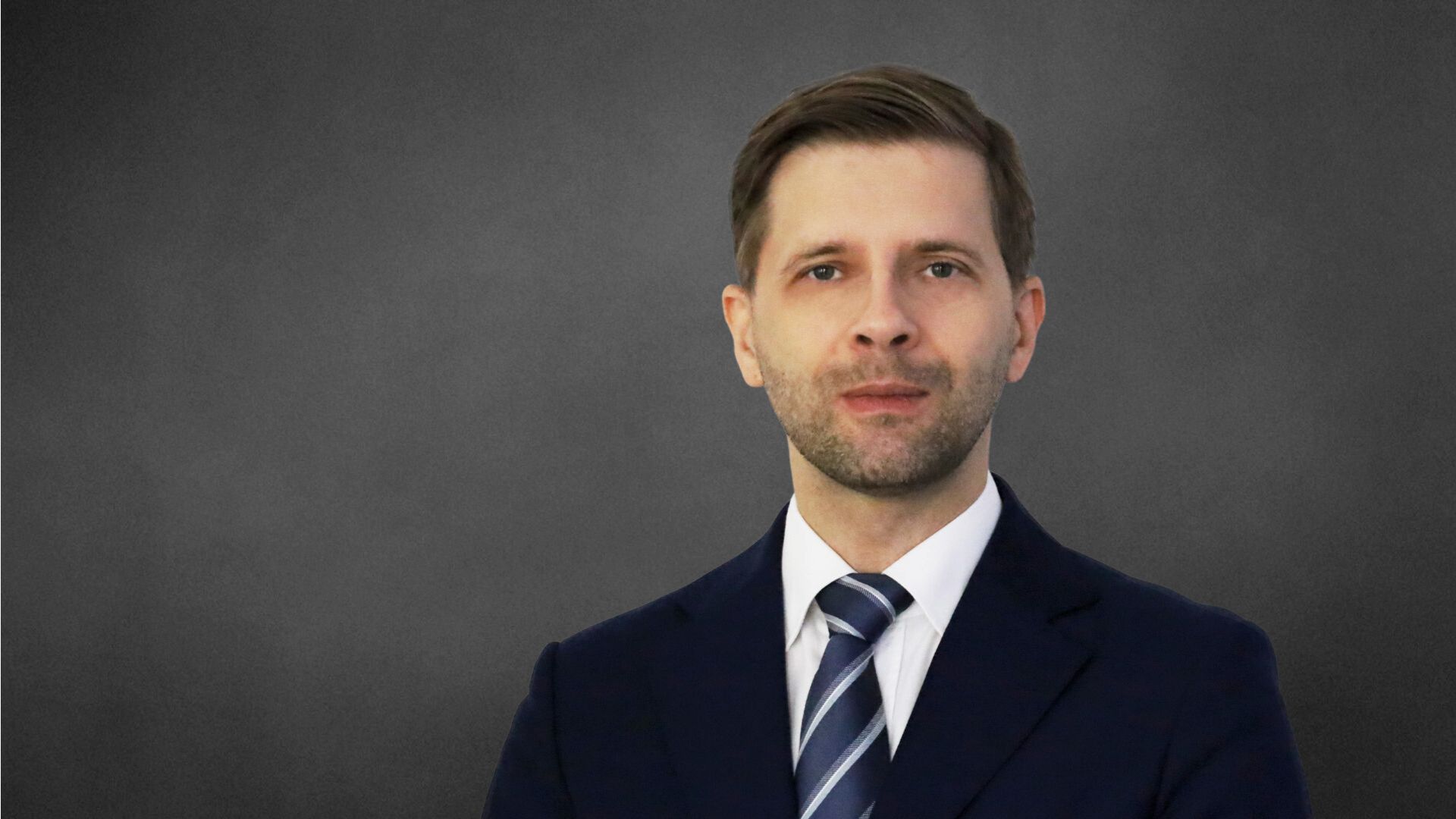Maduro Consolidates Power after Parliamentary Elections in Venezuela

What was the context of the elections?
Maduro’s government has clung to power by violating the Venezuelan constitution and repressing political rivals. It marginalised the opposition, which had the majority in parliament since December 2015, but which boycotted the recent voting, arguing it was not legal. To secure the win for the pro-government bloc, Maduro took several measures, including garnering support from the puppet Supreme Justice Court (TSJ) and the National Constituent Assembly (ANC), a pseudo-constituent body set up in 2017. Venezuela’s GDP fell by more than 70% in 2013-2019. The country is suffering under hyperinflation (around 4,000% last year) and more than five million Venezuelans have emigrated due to food and medicine shortages, among other reasons. The social and economic impacts of the COVID-19 pandemic are additional burdens.
What do the results mean for Venezuela?
According to official results, the pro-government coalition won two-thirds of the 277 seats in the AN, but low turnout (31%) gives it a weak mandate to govern. The authorities are likely to intensify the persecution of opposition politicians, whose parliamentary immunity will expire on 5 January. While Guaidó announced his interim government would continue after that date, he and other opposition leaders may be forced to leave the country. Maduro’s government will now find it more difficult to blame the opposition for the economic and social difficulties. However, it will be free to use such measures as the “anti-blockade law” adopted by the ANC in October and which will allow the authorities to evade sanctions by, for example, striking secret deals with other governments and private entities.
What are the implications for Venezuela’s international standing?
The EU and countries rejecting Maduro’s rule, including Brazil, Colombia, and the U.S., do not recognise the recent elections as legal and will increase the isolation of Venezuela. The initiatives of the UN Human Rights Council (UNHRC) will help to step up that pressure. In September, a Council fact-finding mission confirmed that Maduro and other members of the government were directly responsible for multiple human-rights violations, including acts that can be classified as crimes against humanity. In October, the UNHRC extended the mission’s mandate by two years. The Venezuelan authorities, however, have the support of the democratically elected left-wing governments of Argentina, Mexico, and Bolivia. In the economic sphere—including in evading sanctions—and in the fight against COVID-19, they can rely on alliances with Russia and China and the assistance of such countries as Iran, Cuba, and Turkey.
How will the elections affect the EU and U.S. initiatives for political change in Venezuela?
The U.S. and EU approach to the Venezuelan crisis have diverged so far. The Trump administration sought to overthrow Maduro through pressure and threats, including potential military intervention. Trump appeared to have hoped that success in Venezuela would help him win re-election. His successor, Joe Biden, will not back down from putting pressure on Maduro but will treat sanctions as one of the elements of policy towards Venezuela. This could create conditions for coordination with the EU, which so far has sought mediation between the authorities and the opposition through the International Contact Group. EU-U.S. cooperation could include sanctions pressure, humanitarian aid, and support for Venezuelan diasporas. Both partners must decide, however, whether to continue to recognise Guaidó as interim president. The EU will not cease striving for a political solution to the Venezuela crisis, and Poland can contribute to these efforts in its role as UNHRC member until 2022.


